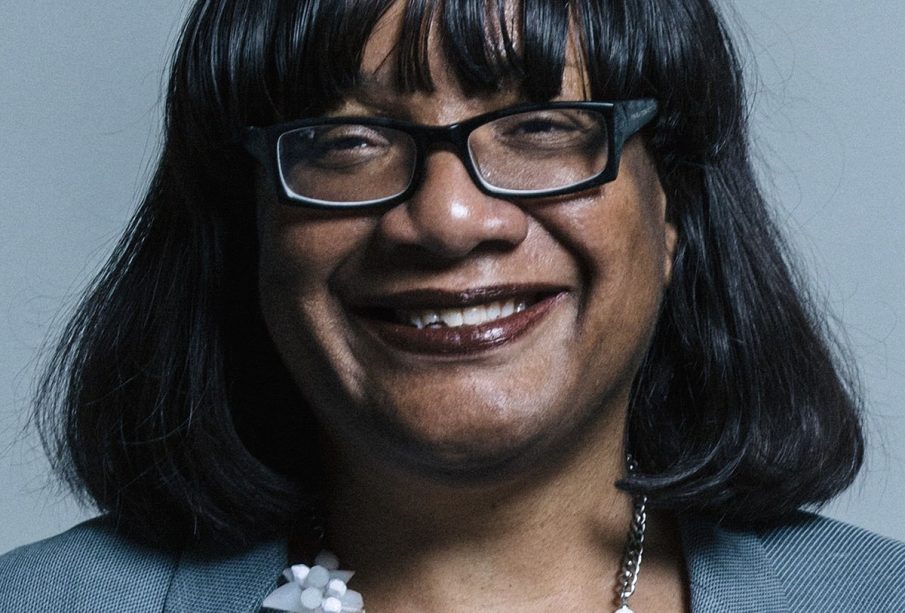Diane Abbott: A Leading Voice in UK Politics

Introduction
Diane Abbott, the longstanding Member of Parliament (MP) for Hackney North and Stoke Newington, has played a pivotal role in shaping discussions on race, equality, and social justice within the United Kingdom. As the first Black woman elected to the British Parliament in 1987, Abbott’s career has been marked by her unwavering dedication to championing underrepresented voices. In recent months, her involvement in both parliamentary duties and public discourse has highlighted the ongoing challenges faced by minority communities and the significance of her contributions amid an ever-evolving political landscape.
Recent Events and Contributions
In October 2023, Abbott was at the forefront of discussions regarding the UK government’s immigration policies. She vehemently opposed the government’s approach, advocating for more humane treatment of asylum seekers and refugees. Her speeches in the House of Commons received widespread attention, not only for their content but also for their call to action, urging colleagues across the aisle to reconsider their stance on migration issues. Abbott’s commitment to addressing systemic racism within the UK’s policies was echoed in various media outlets, with many praising her for not shying away from challenging the status quo.
Furthermore, Diane Abbott has been actively involved in community outreach programmes, focusing on education and health disparities in communities of colour. Collaborating with local organisations, she has launched initiatives aimed at providing resources and support for young people, particularly focusing on mental health. Her recent town hall meetings have seen significant turnout, indicating the community’s appreciation for her proactive approach and willingness to engage directly with constituents’ concerns.
The Impact of Abbott’s Work
Abbott’s advocacy extends beyond her constituency; her influence in Westminster places her in a vital position to impact legislation affecting minorities and broader social justice issues. Her outspoken nature has often made her a target for abuse, but it has also enabled her to galvanise support for marginalized communities. Analysts suggest that her continuous advocacy aids not only in raising awareness but also in pushing for policy reforms that reflect the needs of all UK residents.
Conclusion
As the political climate continues to shift, Diane Abbott remains a significant voice in the ongoing struggles for racial equality and social justice. Her work within parliament and the community emphasises the crucial need for representation in politics, particularly for those historically sidelined in legislative discussions. Looking ahead, it is likely that Abbott will continue to be an influential figure in shaping UK policy, encouraging dialogue about equity, and mobilising grassroots movements that demand change. For readers, Abbott’s journey and advocacy serve as a reminder of the importance of active participation in politics and the ongoing fight for equality.








